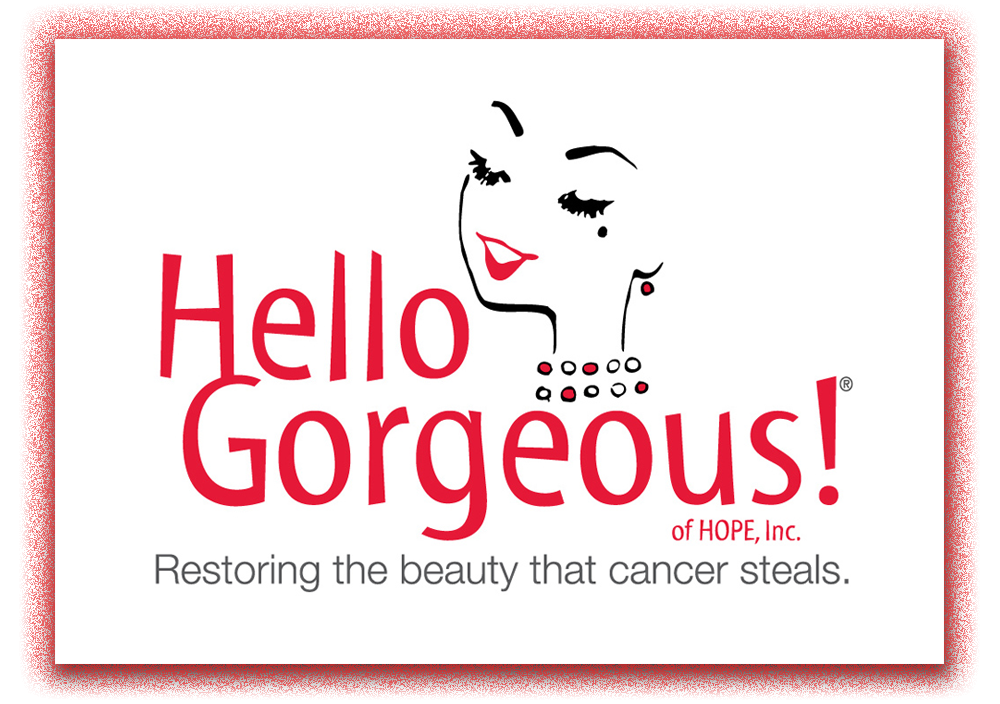How could I get cancer when I eat a healthy plant based diet?
It's understandable to be concerned about cancer risk, especially when you're making healthy dietary choices. While a plant-based diet offers many health benefits, it doesn't guarantee complete protection against cancer. Here's why:
Factors Beyond Diet:
Genetics:
Inherited gene mutations play a significant role in cancer development. Even with a perfect diet, genetic predispositions can increase risk.
Environmental Factors:
Exposure to carcinogens in the environment, such as pollution, radiation, and certain chemicals, can contribute to cancer risk.
Age:
The risk of cancer generally increases with age, as cells accumulate damage over time.
Hormonal Factors:
Hormonal imbalances can influence the risk of certain cancers, such as breast and prostate cancer.
Lifestyle Factors (Other Than Diet):
While you focus on diet, other lifestyle habits, such as smoking, excessive alcohol consumption, and lack of physical activity, can also increase cancer risk.
Chance:
Sometimes, cancer can develop due to random mutations in cells, even in individuals with healthy lifestyles.
The Role of a Plant-Based Diet:
Risk Reduction:
A well-planned plant-based diet, rich in fruits, vegetables, and whole grains, can significantly reduce the risk of certain cancers, particularly colorectal cancer.
Plant foods contain phytochemicals, antioxidants, and fiber, which have protective effects against cancer.
Not a Guarantee:
However, it's crucial to understand that no diet can completely eliminate cancer risk.
Key Considerations for a Healthy Plant-Based Diet:
Variety:
Ensure you're consuming a wide variety of plant foods to obtain all the necessary nutrients.
Minimally Processed Foods:
Focus on whole, minimally processed plant foods rather than highly processed vegan alternatives.
Nutrient Deficiencies:
Be mindful of potential nutrient deficiencies, such as vitamin B12, and consider supplementation if necessary.
In summary:
A healthy plant-based diet is a valuable tool for promoting overall health and reducing cancer risk, but it's not a foolproof shield. Many other factors can contribute to cancer development.
It is always important to speak with your doctor about your concerns, and to follow recommended cancer screening guidelines.
